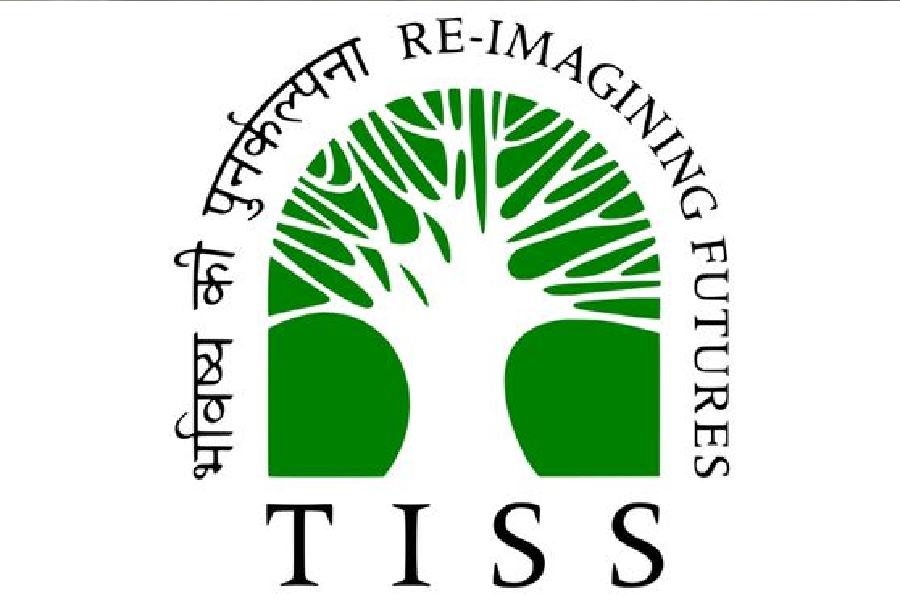Tata Institute of Social Sciences axes MA courses in Development Studies, Women’s Studies


The Hyderabad campus of the Tata Institute of Social Sciences has dropped its MA courses in Development Studies and Women’s Studies for the 2024-25 session, with students and teachers saying this was a setback for admission seekers from disadvantaged backgrounds.
They attributed the institution’s decision to government pressure on public-funded higher-education institutions to shift from regular programmes to self-financing courses that entail fees about double those charged for regular courses.
A teacher said the course fee for the two axed programmes was less than Rs 50,000 a semester.
TISS, a pre-eminent institution for higher studies in the social sciences, is a public-funded deemed university with its main campus in Mumbai. It also has campuses in Hyderabad, Tuljapur and Guwahati.
Information on the TISS website relating to admission to the Hyderabad campus for 2024-25 does not mention the MA courses in Development Studies and Women’s Studies.
Both courses have been in heavy demand across the four campuses, particularly among students from poor families, who come mostly from the Scheduled Castes, Scheduled Tribes and the Other Backward Classes, several students said.
While these two courses together commanded around 60 seats, they will be replaced from 2024-25 by a regular MA course in Gender and Development, which will offer 25 seats.
TISS Hyderabad launched six self-financing, market-oriented courses last year. They are MA in Cities and Governance with 40 seats, MA in Natural Resources Governance with 34 seats and MA in Public Policy and Governance with 40 seats, apart from PG diplomas in these three areas with 15 seats each.
“The decision to close the two programmes was not discussed at the TISS academic council (in Mumbai). It was decided by the top authorities of the (Hyderabad) institute,” a senior student said.
A faculty member said the MA programme in Development Studies “has been one of the most sought-after courses on the Hyderabad campus”.
“Last year, the institution started a few courses in self-financing mode. It seems it wants students to enrol in self-financing courses as an alternative to the MA course in Development Studies,” he said.
“The institution may have decided to close down the courses because of government pressure to raise funds.”
An email has been sent to TISS vice-chancellor Manoj Kumar Tiwari seeking the reasons for closing the two popular courses. His response is awaited.
In 2017, the Hyderabad campus closed its BA programme in Social Sciences, another popular course, without explanation. The institution continues to offer several courses with the usual low fees, including MA in Education, MA in Livelihood: Gender and Development, and MA in Livelihood: Rural Development.
The education ministry and the University Grants Commission have been asking public-funded universities to raise revenues on their own and reduce their dependence on government funding.
Academics say the government does not want to promote courses related to gender studies and social exclusion, which examine gender and caste biases in society.
Since 2017, the UGC has been giving merely annual extensions to these programmes at public universities, while withholding the regularisation of faculty members teaching these courses.
TISS has also decided to admit students to its master’s courses through the Common University Entrance Test-Post Graduate conducted by the National Testing Agency. Students’ groups except the RSS student arm, ABVP, have opposed the decision on the ground that Dalit, tribal and OBC students would be affected because of their limited access to coaching.